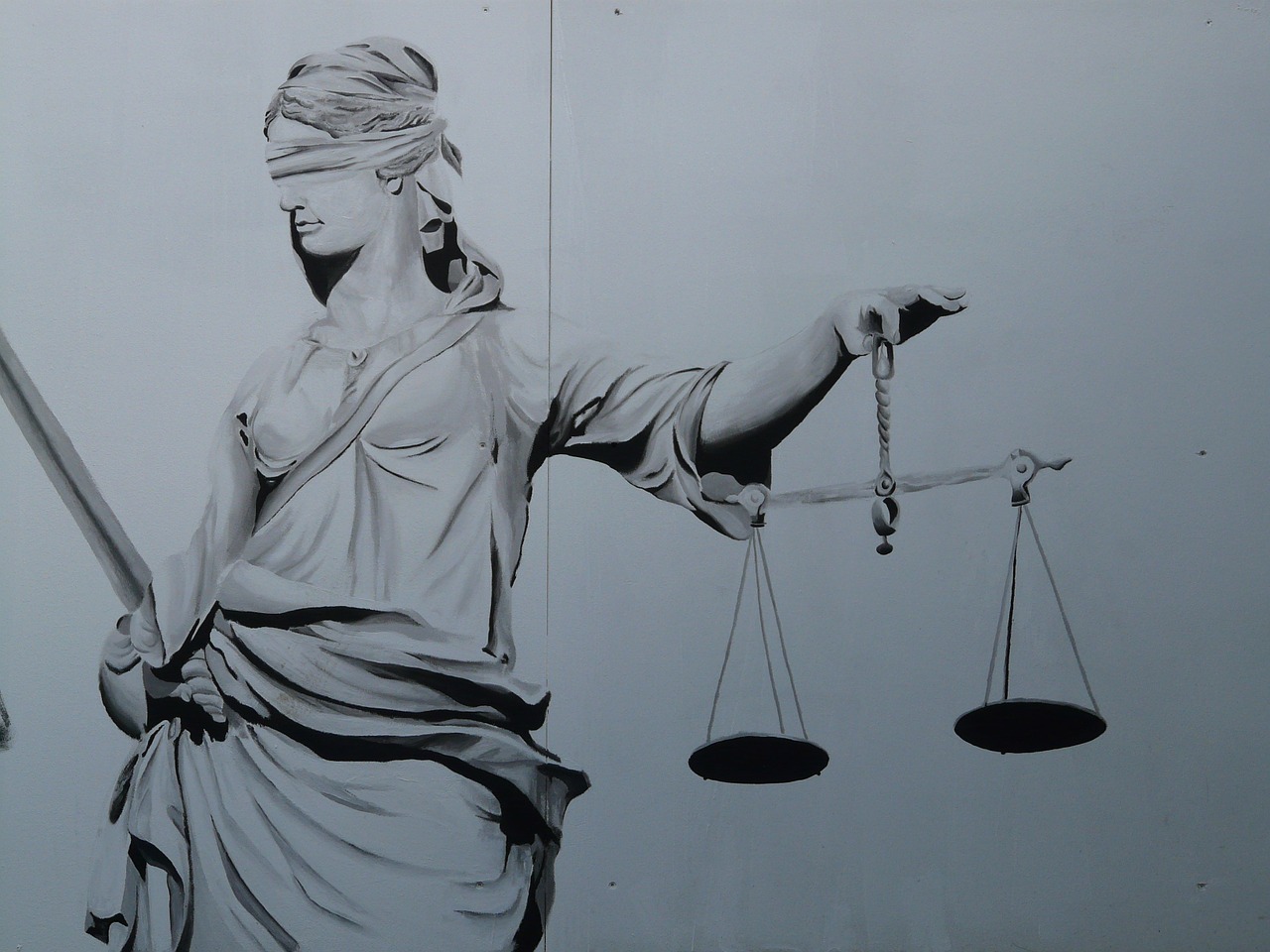 POLICY
POLICY
 POLICY
POLICY
 POLICY
POLICY
Big tech firms are bracing themselves for yet another antitrust investigation, this time led by a group of U.S. state attorneys general.
The Wall Street Journal reported today that the probe will look into allegations that companies such as Amazon.com Inc., Google LLC and Facebook Inc. are abusing their power to “stifle competition in the market.”
According to the Journal, about a dozen state attorneys general met with Department of Justice officials in July to discuss the investigation. The state attorneys will likely issue civil investigative demands, which are similar to subpoenas, to the technology firms concerned, the report said.
No other details about the probe were mentioned.
However, the investigation is said to be different from one launched by the DOJ last month that’s looking into how online platforms such as Google achieved their market dominance, and whether they use that dominance to eliminate their competition and stifle innovation.
Charles King of Pund-IT Inc. said the new investigation would most likely actually be a series of individual probes by the states concerned, and that this could cause headaches for the companies involved because they would all need to be addressed individually.
He added that the investigations aren’t all that surprising, since it’s pretty normal for states to begin their own internal probes once the DOJ gets the antitrust ball rolling. He said a kind of precedent for this was set back in the 1990s during the DOJ’s antitrust probe into Microsoft Corp., which ended in a settlement under President George W. Bush’s administration.
“Nine states and the District of Columbia objected [to that settlement], saying it was too lenient but their concerns were ignored,” King said.
As a result, California and several other states refused to sign off on that agreement, pursuing their own litigation instead. The individual settlements that followed weren’t hugely damaging to Microsoft, but the litigation dragged on for several more years, requiring it to incur substantial associated costs, King said.
“The tech vendors currently targeted have run afoul of the Trump administration in the past. So one might interpret the DOJ’s current probe as little more than political payback, especially coming from a president whose approach to business governance and regulation has been, to put it mildly, laissez faire,” King added. “Where the probe goes from here, with an election year on the horizon, is anyone’s guess. So it’s probably wise of the states to get their licks in whenever and however they can.”
Analyst Rob Enderle of the Enderle Group said the individual states would each work with the DOJ to build their cases, and if they get the desired verdict, would then file for damages in their own courts.
“This behavior would indicate there is a decent fire under all the smoke because the States wouldn’t expend their own limited resources otherwise,” Enderle said.
U.S. tech firms have come under increased scrutiny in recent months. The DOJ investigation followed a decision by the Federal Trade Commission in February to set up a special task force to monitor competition among online platforms. And in June, the House Judiciary Committee announced its own investigation into the activities of tech corporations, saying it would carry out a “top-to-bottom review” of the influence held by the biggest firms.
Democratic presidential candidate Elizabeth Warren has also vowed to clamp down on the apparent dominance of big tech firms. In March, Warren announced a plan that would try to reverse Amazon’s recent acquisition of the supermarket chain Whole Foods Market Inc. She would also try to reverse Facebook’s acquisitions of the Instagram and WhatsApp platforms, saying that these two companies in particular stifle competition and innovation, and have too much influence over the economy and politics.
Constellation Research Inc. analyst Holger Mueller was critical of the new investigations, which he said were a result of technology progress surpassing existing legal frameworks.
“Applying older laws to modern technologies can lead to unwelcome side effects and even undesired outcomes,” he said. “The right solution to address technology’s progress is through new legislation rather than PR-driven prosecution, which can only be done within existing legal frameworks. If half of the attention that’s right being paid prosecution would pour into writing new 21st century laws to upgrade legal frameworks, economies would be in a much better overall shape.”
Amazon and Facebook declined to comment on the latest report, the Journal said. Google pointed to antitrust testimony made to the House Committee on the Judiciary last month, which said it has “helped to reduce price and expand choice for consumers and merchants.”
U.S. tech firms have also been subject to antitrust investigations in the U.K., and in India, among other countries.
Support our mission to keep content open and free by engaging with theCUBE community. Join theCUBE’s Alumni Trust Network, where technology leaders connect, share intelligence and create opportunities.
Founded by tech visionaries John Furrier and Dave Vellante, SiliconANGLE Media has built a dynamic ecosystem of industry-leading digital media brands that reach 15+ million elite tech professionals. Our new proprietary theCUBE AI Video Cloud is breaking ground in audience interaction, leveraging theCUBEai.com neural network to help technology companies make data-driven decisions and stay at the forefront of industry conversations.